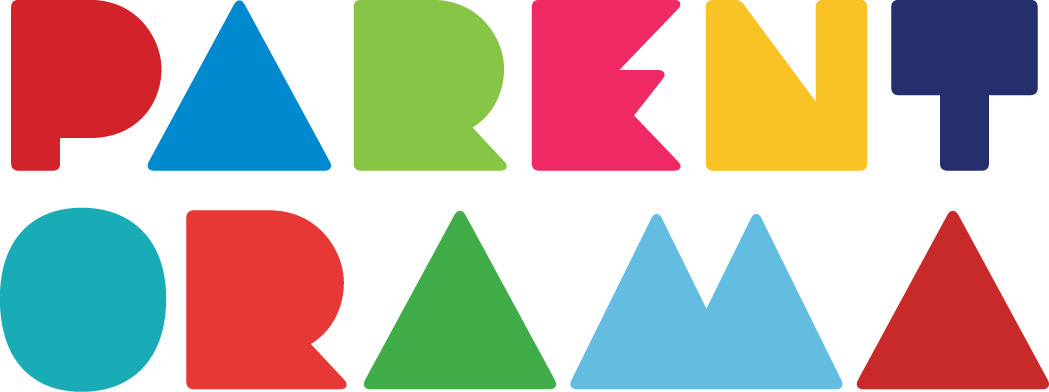Understanding Postpartum Recovery: How Dads Can Help
Postpartum recovery is a critical period for new mothers, involving physical, emotional, and psychological adjustments after childbirth. While mothers experience these changes directly, the support and involvement of fathers can significantly impact the recovery process. Here is a comprehensive guide on how dads can effectively assist in postpartum recovery:
Understanding Postpartum Recovery
(a) Physical Recovery
- Recovery After Vaginal Birth: New mothers often experience discomfort in the perineum, bleeding, and swelling. Recovery can take several weeks and involves hygiene, pain management, and rest.
- Recovery After Cesarean Section: A cesarean is a major surgical procedure requiring extended recovery time. Care involves managing the incision, pain relief, and avoiding strenuous activities.
- Breastfeeding Challenges: Mothers might face issues such as sore nipples, engorgement, and mastitis. Proper support and guidance can facilitate a smoother breastfeeding experience.
(b) Emotional and Psychological Recovery
- Baby Blues and Postpartum Depression: Hormonal changes can lead to mood swings, anxiety, and depression. While “baby blues” are common and temporary, postpartum depression is more serious and requires attention.
- Identity and Lifestyle Changes: Adjusting to the new role of motherhood can be overwhelming, leading to feelings of inadequacy or loss of identity.
How Dads Can Help
Providing Physical Support
- Household Chores: Taking on household responsibilities like cleaning, cooking, and laundry can reduce stress for new mothers, allowing them to focus on recovery and bonding with the baby.
- Care for Older Children: If there are other children in the family, dads can manage their care to ensure they feel loved and included during this transition.
- Facilitating Rest: Encouraging and ensuring that the mother gets adequate rest is crucial. This might include taking over nighttime feedings or arranging help from family or friends.
Supporting Breastfeeding
- Creating a Comfortable Environment: Help set up a comfortable breastfeeding station with essentials like water, snacks, pillows, and a breastfeeding cover to make sessions smoother.
- Offering Emotional Support: Encouraging words and patience can boost the mother’s confidence in breastfeeding. If problems arise, dads can assist in seeking advice from lactation consultants or healthcare providers.
Emotional and Psychological Support
- Active Listening: Being there to listen without judgment or unsolicited advice can be incredibly comforting for a new mother. Allow her to express her fears, joys, and frustrations.
- Recognizing Signs of Postpartum Depression: Being vigilant about signs of postpartum depression, such as persistent sadness, withdrawal from activities, or difficulty bonding with the baby, can help in seeking timely professional help.
- Encouraging Social Connections: Encourage the mother to connect with friends, family, or support groups to provide additional emotional support and prevent feelings of isolation.
Encouraging Self-Care
- Facilitating “Me Time”: Ensure the mother has time for herself, whether it’s a relaxing bath, reading, or any activity she enjoys, to support her emotional recovery.
- Promoting Healthy Habits: Encourage a balanced diet, hydration, and gentle physical activity as advised by healthcare providers to support overall well-being.
Engaging in the Process
- Educating Yourself: Understanding postpartum recovery through books, articles, or classes can equip dads with the knowledge to better support their partners.
- Actively Participating in Baby Care: Engaging in tasks like diaper changes, bathing, and soothing the baby not only strengthens the father-baby bond but also provides necessary breaks for the mother.
Seeking Professional Help When Needed
- Medical Appointments: Accompanying the mother to postpartum check-ups shows support and ensures any concerns are addressed promptly.
- Counseling Services: If postpartum depression or severe anxiety is suspected, seeking professional counseling or therapy can be crucial for the mother’s mental health.
Postpartum recovery is a multifaceted process that requires time, patience, and support. Dads play a vital role in this journey by providing physical, emotional, and psychological assistance, significantly easing the mother’s recovery.
By being proactive, empathetic, and involved, fathers can foster a supportive environment that promotes healing and strengthens family bonds. Understanding and participating in postpartum recovery not only benefits the mother but also enriches the father’s experience as a parent, leading to a healthier, happier family dynamic.



